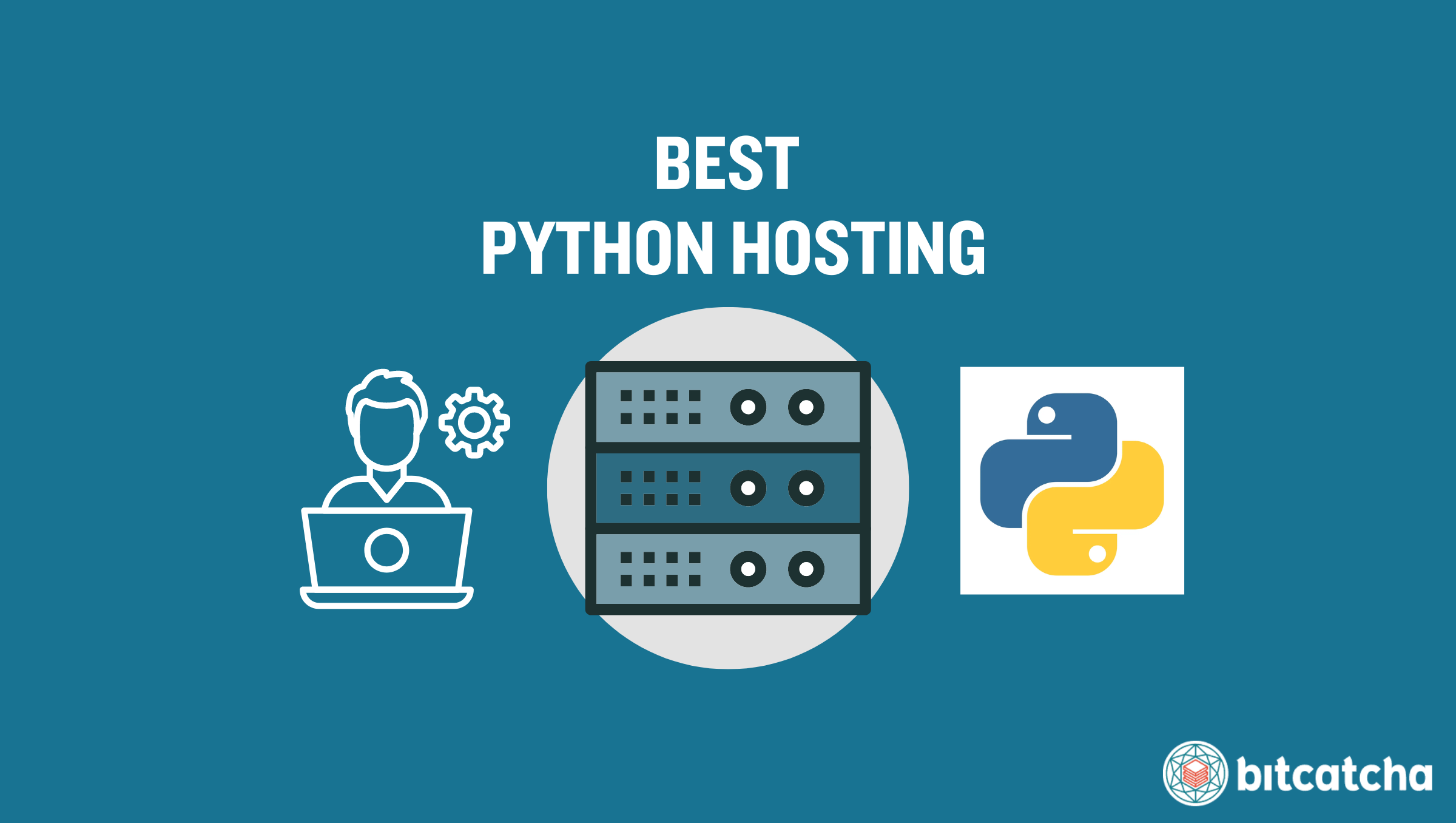Choosing the Right Top-Level Domain (TLD) for Your Website: A Complete SEO Guide
When launching a website, one of the most crucial decisions you’ll make is selecting the right Top-Level Domain (TLD). This seemingly small detail plays a big role in your site’s branding, trustworthiness, and search engine optimization (SEO). From classic options like .com to specialized choices such as .tech, your TLD can affect how visitors perceive your site and how well it performs in search engine rankings.
In this article, we’ll explore what TLDs are, how to choose the right one for your website, and why selecting the correct TLD matters for SEO success.
What Is a Top-Level Domain (TLD)?
A Top-Level Domain (TLD) is the last segment of a domain name, located after the final dot. Examples include:
- .com
- .org
- .net
- .gov
- .edu
TLDs are a critical component of the Domain Name System (DNS). They help categorize domains and provide insight into the purpose or origin of a website.
TLDs fall into several categories:
- Generic TLDs (gTLDs): Open for anyone to register, like .com, .net, .info, and newer ones like .xyz or .blog.
- Country Code TLDs (ccTLDs): Specific to countries, such as .uk for the United Kingdom or .ca for Canada.
- Sponsored TLDs (sTLDs): Restricted for specific organizations or industries, like .gov for government sites or .edu for educational institutions.
Why TLDs Matter for SEO and Online Branding
Your TLD choice directly influences your website’s SEO and brand perception. Here’s how:
1. Trust and Credibility
Most users still view .com as the most trustworthy TLD. If your site is using a lesser-known or obscure TLD, users might hesitate to click, fearing it’s spammy or unsafe. This affects click-through rates (CTR), which are a direct ranking signal in Google’s algorithm.
2. Keyword Relevance and Domain Extensions
Using a keyword-rich domain with a relevant TLD extension can help reinforce your niche. For instance, a tech startup using a .tech domain sends a clear signal about its industry focus. While this doesn’t guarantee higher rankings, it helps align your domain with user expectations and content relevance.
3. Geographic Targeting
Using country-code TLDs like .de (Germany) or .fr (France) can help websites rank better in country-specific Google searches. This is vital for local businesses or region-specific content providers.
4. Domain Availability and Branding
With many .com names already taken, choosing a creative TLD can help you find the perfect domain for your brand. For example, sites like stream.xyz or travel. agency use the domain extension as part of their brand message.
How to Choose the Right TLD for Your Website
Choosing the right TLD for SEO and branding comes down to your goals, audience, and industry. Here are some key tips:
1. Stick with .com When Possible
Despite the growing number of TLDs, .com remains the most recognized and remembered. If it’s available for your brand, it’s usually the best choice.
2. Consider Niche TLDs for Specific Industries
TLDs like .store, .app, .design, or .lawyer can work well for industry-specific websites. They add clarity and help define your niche.
3. Use ccTLDs for Local SEO
If your business serves a specific country, a country-code TLD can improve local search visibility and build trust among local users.
4. Avoid Spammy or Cheap TLDs
Some TLDs like .xyz or .info have been overused by spammers. While Google doesn’t penalize TLDs by default, user trust and CTR can suffer if your domain uses a low-reputation extension.
Impact of New gTLDs on SEO
Google treats new generic TLDs (gTLDs) the same as traditional ones, but they are still relatively new in the eyes of users. Extensions like .club, .ninja, or .guru may stand out, but they can also confuse users who are more familiar with .com or .org.
From an SEO standpoint, Google has stated that new gTLDs do not receive any ranking advantage, but they are not penalized either. What matters most is your site’s content quality, backlink profile, mobile-friendliness, and page speed.
Using TLDs as a Branding Strategy
The right TLD can reinforce your brand identity and make your domain more memorable. Many successful startups have adopted creative domain hacks such as:
- bit.ly (using .ly, Libya’s ccTLD)
- del.icio.us (a clever take on .us)
- about.me (using me, Montenegro’s ccTLD)
These are examples of TLD-based branding, where the domain extension becomes part of the name. While creative, these should be used with caution and backed by strong branding and marketing to avoid user confusion.
TLD and Domain Name Best Practices for SEO
Here are a few best practices to follow when choosing a domain and TLD for your website:
- Keep the domain name short, memorable, and easy to spell.
- Avoid hyphens and numbers unless necessary.
- Include primary keywords if they fit naturally.
- Choose a TLD that aligns with your audience and content.
- Check for existing trademarks to avoid legal issues.
- Ensure your domain is not blacklisted or associated with spam.
Final Thoughts: Does TLD Affect Your SEO Rankings?
While TLD choice alone won’t make or break your SEO, it does contribute to your overall brand image, user trust, and click-through rates—all of which indirectly affect your search performance. Choosing a TLD that aligns with your goals, audience, and content focus will put your site in a stronger position for long-term success.
As always, focus on creating valuable, high-quality content, building reputable backlinks, and optimizing your site’s performance. When combined with a strong domain strategy, these practices will help you rise in search engine rankings.
- Best top-level domain for SEO
- How to choose the right TLD
- Does TLD affect Google ranking
- .com vs .net for business website
- SEO benefits of using country code TLDs
- Choosing a domain extension for branding
- Top-level domain name SEO tips
- Best TLD for a local business website
- What is the best domain extension for SEO
- Generic TLDs vs country-code TLDs SEO
- Best domain and TLD combination for startups
- Impact of new gTLDs on SEO rankings













